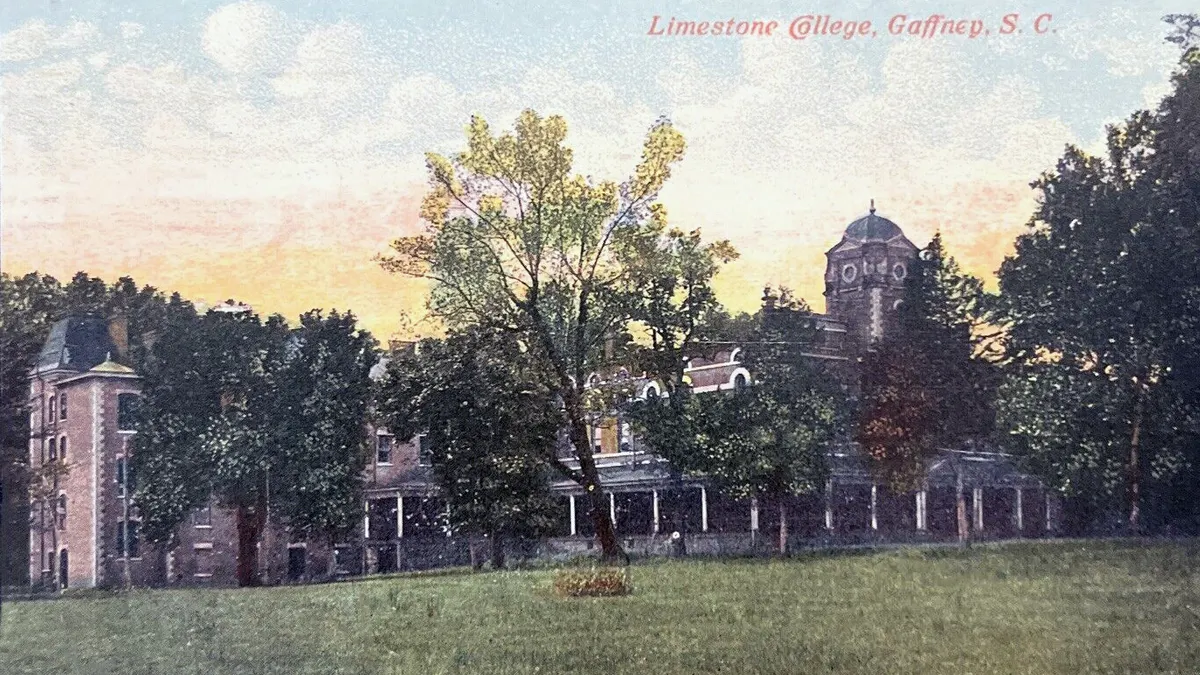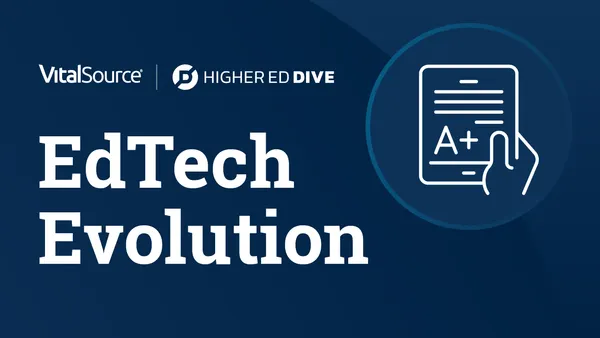Dive Brief:
- The New York Times examines the chronology of ITT Technical Institute's historic collapse, which began in 1999, when a former employee sued the school for paying incentives for predatory recruiting practices.
- Dan Graves helped the federal government to uncover a business plan which had yielded more than $12 billion in revenue between 2000 and 2016, with 70% of its revenue coming from federal student aid amounting to more than $400 million in defaulted student loans.
- The prevalence of the abuse was allowed to go on, thanks in large part to the lobbying power of the for-profit sector. According to the Times, lobbyists hired by ITT received almost $1 million in payment for federal engagement since 1998.
Dive Insight:
If an authorized corporation went to great lengths to preserve its ability to recruit students, and the government went through great lengths to insure its free market activity in higher education, a logical question stands out: How does it suddenly become a problem because of the prevalence of defaults?
Perhaps the reality of the housing market crash and predatory activity from banks leading to the 2008 recession became a lesson for the federal government. However, the lesson is one that has not been easy in learning for the entire sector, as many elite and large state institutions are under close watch for amassing billion-dollar endowments under similar tactics of enterprise and raising tuition.











